Sport
Salah linked the climate crisis directly to instability, displacement, and conflict, particularly in fragile nations.
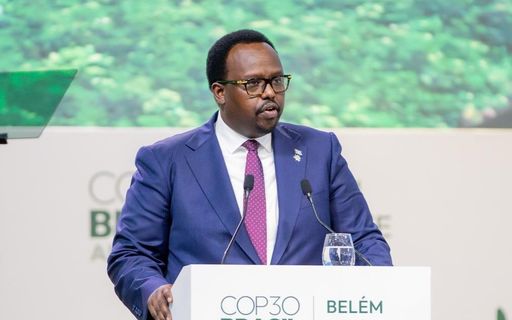
Somalia’s Deputy Prime Minister, Salah Ahmed Jama, says the unaddressed impact of climate change is the most profound challenge holding his nation back from achieving stability and prosperity.
Salah, speaking at the COP30 Climate Summit in Belém, Brazil, said that years of overcoming immense challenges in Somalia, including terrorism, state failure, and a decade-long debt relief process, are systematically undermined by the climate crisis.
“In my country, a country that has the longest coastline in continental Africa, 70 million livestock, and a great potential in every aspect of economic growth, the most profound challenge we’re facing is the impact of climate change,” Salah said.
He criticised the global focus on humanitarian aid as a solution for hunger and poverty, noting his attendance at a recent global summit on hunger where discussions centred on “how to cope and adapt” rather than the origin of the crisis.
“It’s undoubtedly one of the most obvious root causes is the impact of climate change,” he stated.
Fragile countries
Salah linked the climate crisis directly to instability, displacement, and conflict, particularly in fragile nations. He cited World Bank estimates that by 2030, over 60% of the world’s poor will live in conflict-prone and fragile countries category that Somalia falls into.
“If you do not address the root causes of displacement, lack of social cohesion, and conflicts, which are droughts and floods emanating from climate change, the solution cannot be reached,” he warned.
The Deputy Prime Minister affirmed that Somalia has fulfilled its obligations under the Paris Agreement and is launching its third-generation Nationally Determined Contribution (NDC) at the summit.
However, he laid bare the stark financing gap: the plan is budgeted at $11.5 billion, while Somalia’s national budget is just over $1 billion. “So there we are faced with a mathematical conundrum as to how we’re going to finance that,” he said.7
Climate plan
Salah was adamant that Somalia’s climate plan is not “an effort to seek charity,” reframing the dynamic as one of accountability. “This is not a relationship of a donor and a recipient,” he stressed.
“This is a relationship of nation states... collectively trying to find a common solution,” based on the Paris Agreement’s principle of “collective but differentiated responsibilities, factoring in capabilities.“.
The Deputy Prime Minister concluded by listing Somalia’s critical national priorities, finalizing state formation, fighting terrorist groups, implementing a new constitution, pursuing “one person, one vote” elections, and integrating into global systems as a member of the UN Security Council.
“The issue of climate change is holding us back in serious ways,” he stated.
He explained that with about 70% of the population classified as poor, the resources that should be invested in development, livelihoods, and job creation are instead being spent responding to humanitarian crises.
Salah echoed the call from the African Union, stating that national climate plans are meaningless “if those documents and plans are not going to be met with obligations from those that have caused the disaster that we find ourselves in through greenhouse gas emissions.“.
Comments
No comments Yet








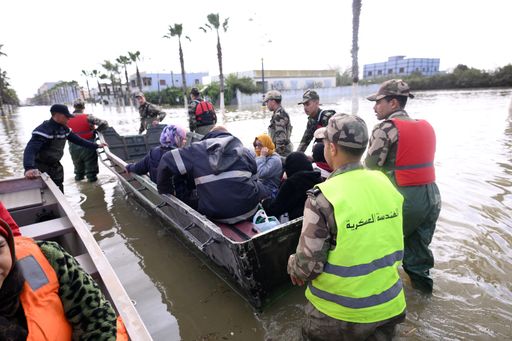
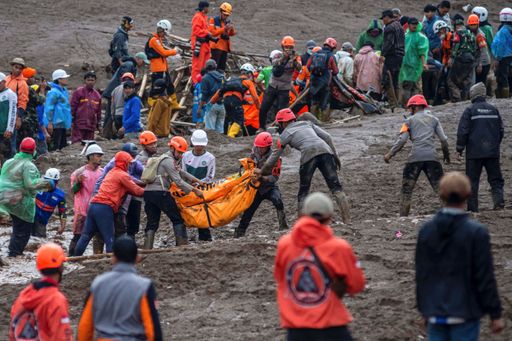
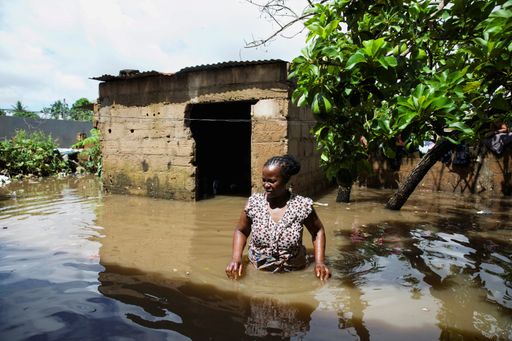
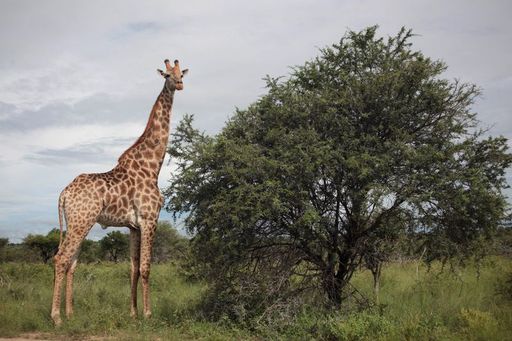


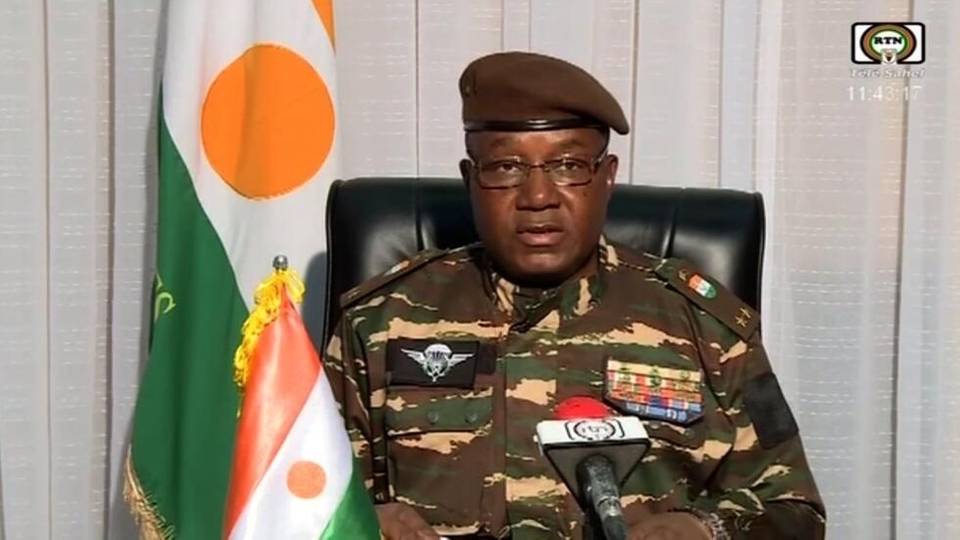
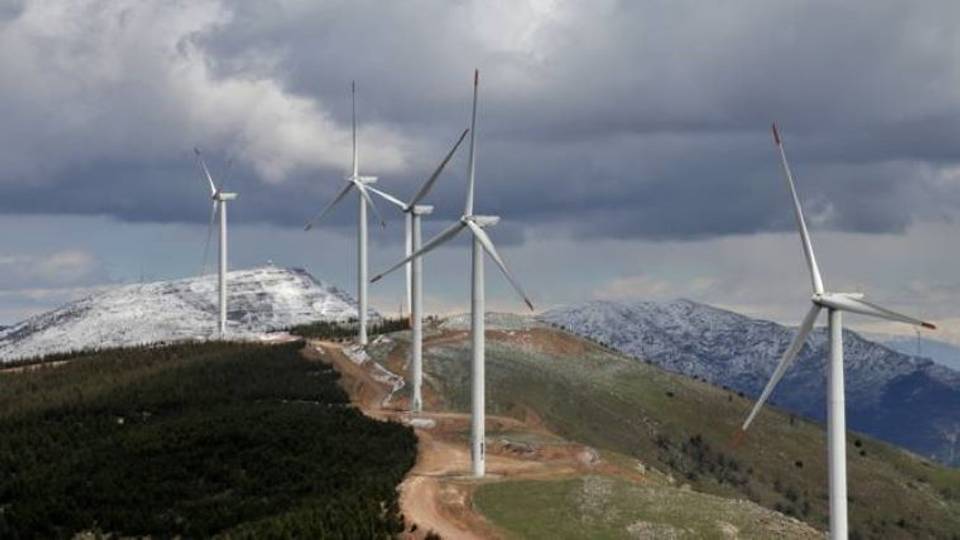
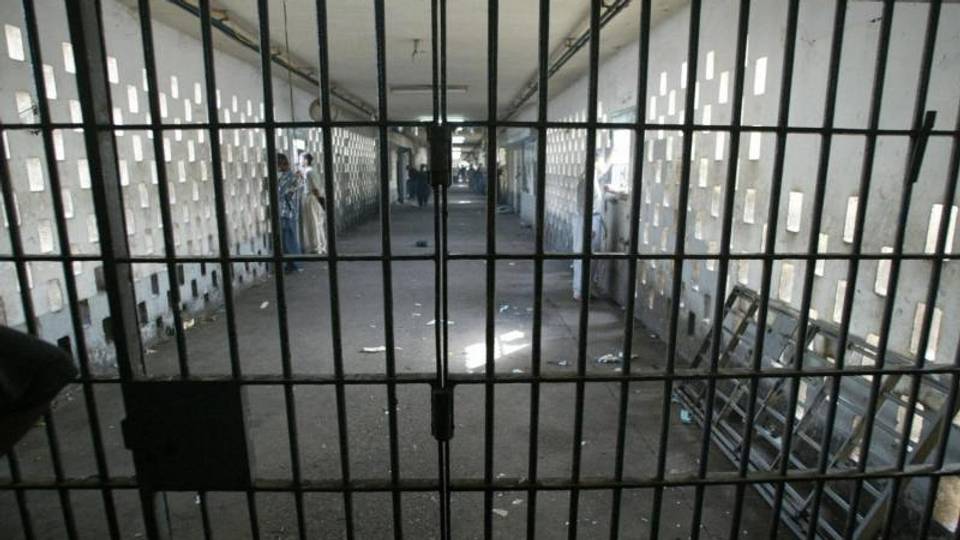



Comment